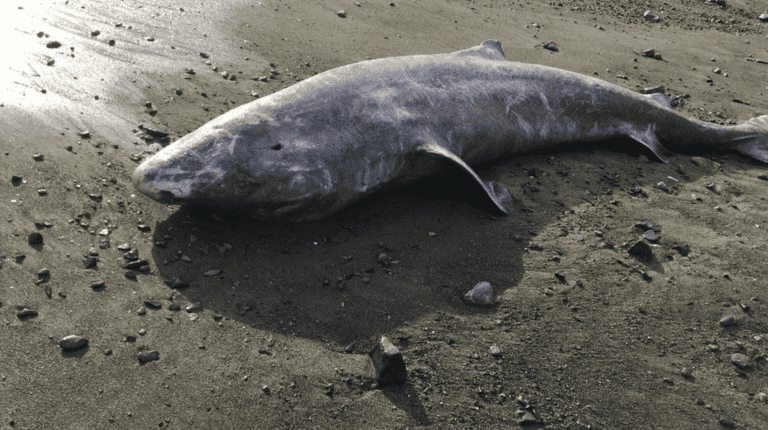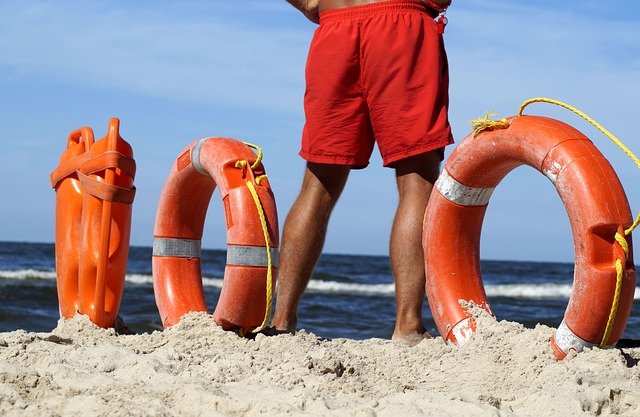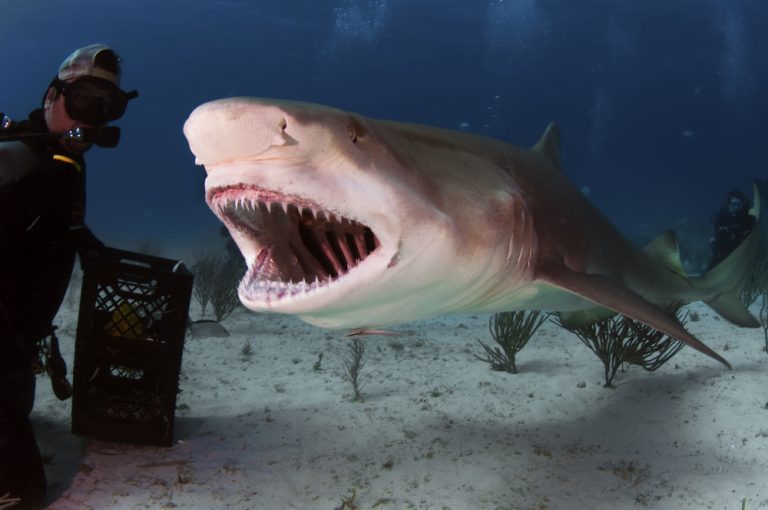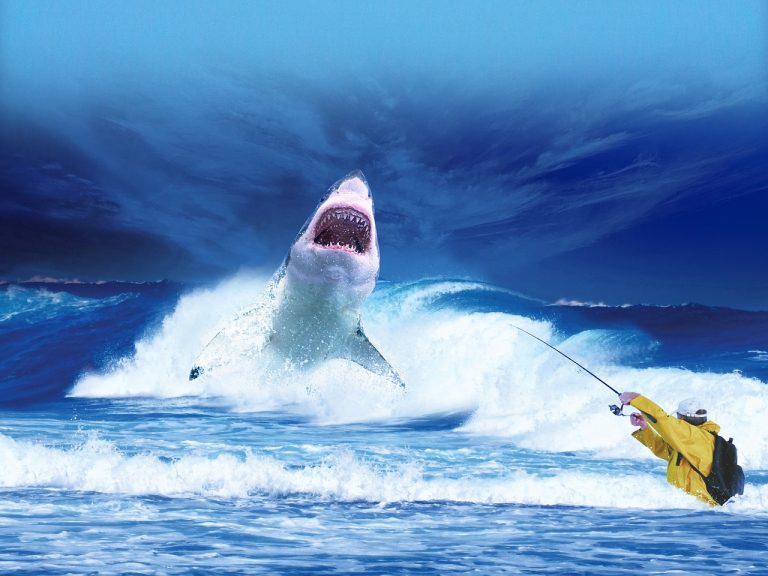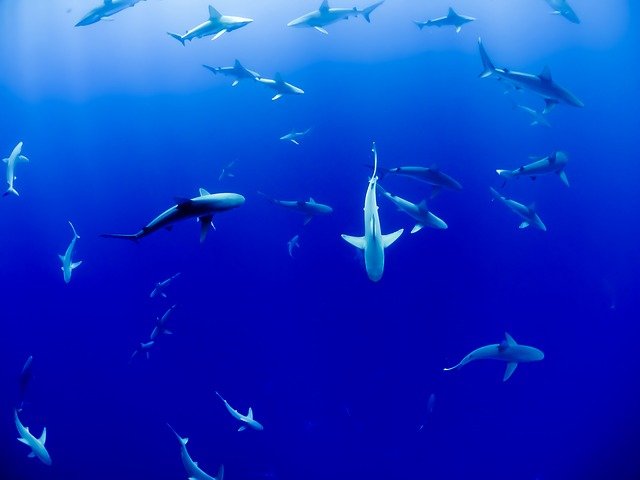DOE Issues Warning After Human Attacks On Sharks In Cayman Islands
A series of human attacks on sharks around the island of Cayman Brac has spurred the DoE to issue a stern warning.
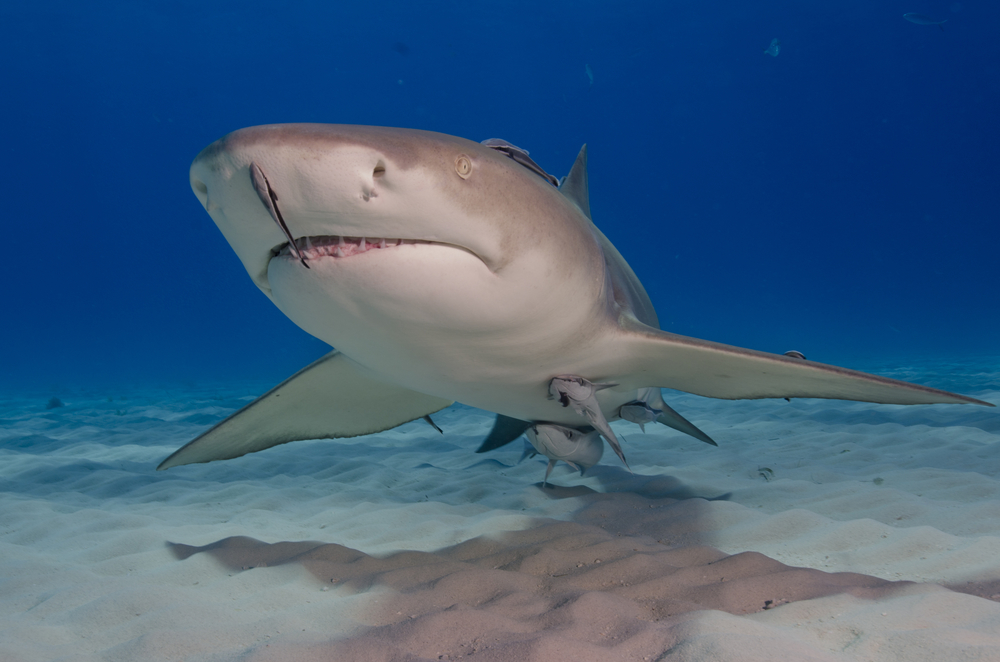
Sharks remain a much-misunderstood species of marine predators despite several efforts from conservation bodies to educate people better about them. And regardless of the fact that an encounter with some species of sharks in the water could turn disastrous in very unlikely circumstances, sharks are still more at risk from human activities than vice versa.
In fact, there’s hardly any marine life that’s truly safe from our activities these days.
Take the startling recent events in the Cayman Islands for example.
One of the most frightening species on the planet, Homo Sapiens, has been attacking sharks in a manner authorities are at a loss to explain. Specifically on the island of Cayman Brac and it has become a cause for concern.
So much so that following the increased human attacks on sharks in the Cayman, sharks in the Cayman waters have to be safeguarded.
The Cayman Islands Department of Environment (DoE) undertook this move following the recent fate suffered by sharks in this region. No doubt there are many more attacks on sharks that would have gone under the radar but three incidents are particularly distressing.
Human Attacks On Sharks In Cayman Brac
Recently, a deceased Lemon shark washed up on Channel dock. Its tail end had been chopped off and it had a cut by its side.
Guy Harvey, a conservationist, and angler working in this region says lemon sharks are a rare species in Cayman and one washing up dead is tragic.
Later on, dive instructors in the region produced photographs of a Nurse shark with an extensive and deep cut from a knife on its side.
Yet again, on another occasion, divers had to untie a nurse shark that had been swimming around with a rope tied tightly around its neck for no one knows how long.
These are but the most recent incidents as earlier in the year, a dive instructor, Brett Johnson removed a kitchen knife sticking out of a shark’s head. Cruel!
Globally, humans remain the number one predator of Lemon Sharks. It’s highly sought after for its meat, skin, liver, and fins.
The Need For More Public Awareness
Although sharks in the area are fully protected by law since April 2015, these human attacks on sharks show that people will still try to break the law and may sometimes get away with doing so.
For now, the best the DoE could do is issue a warning that anyone harming sharks, or other protected marine life in the region would be liable to prosecution.
It’s so devastating that these species of sharks in particular are rare in the region. Killing them in this senseless manner is immoral and unsustainable. It’s important to catch someone and make them an example to deter others.
However, enforcement and prosecution is quite difficult because no one wants to talk. For instance, the locals know of one person who dragged a shark in his boat to kill it but they won’t name names.
Since no one in the region would talk, Brett Johnson believes education would be a better way to tackle the problem. He goes further to add that people need sensitizing on the role played by sharks in the environment and that harming them is illegal.
Guy Harvey agrees with Johnson on enlightening the masses about sharks. He believes the key is in educating the next generation.
His organization plans cinemas and other activities in schools in the region. They use these avenues to educate and show school children some of their documentaries about sharks. He recently took some of the students to swim with sharks in the Bahamas and Mexico.
“People still seem to think sharks are man eaters.” – Brett Johnson
The Value Of Sharks In The Marine Ecosystem
Sharks are of immense value, and their numbers are dwindling, not only in Cayman; the world at large is recording lower and lower populations of sharks.
Their real worth is much more alive than as food or other shark-related products.
Take the tourism industry in the region for example. A study conducted by Marine Conservation International in partnership with Cayman’s DoE puts sharks’ worth at over $54 million per year. Compare that to the food industry’s $1.6 million annually.
Sharks help maintain healthy reefs by keeping the secondary predators in check. This in turn creates a balanced chain for reef fish like parrot fish to feed on algae covering the reefs.
“Killing of a shark means its usage is over, it no longer has value,” says DoE Director Gina Ebanks-Petrie.
He adds that the DoE is working with fishers and anglers in the region to better monitor the marine population. They do this by tagging the sharks and conducting research on them.
Alive, sharks are worth more economically year in year out. Thus if you come across a shark while in the waters, please let it live!

